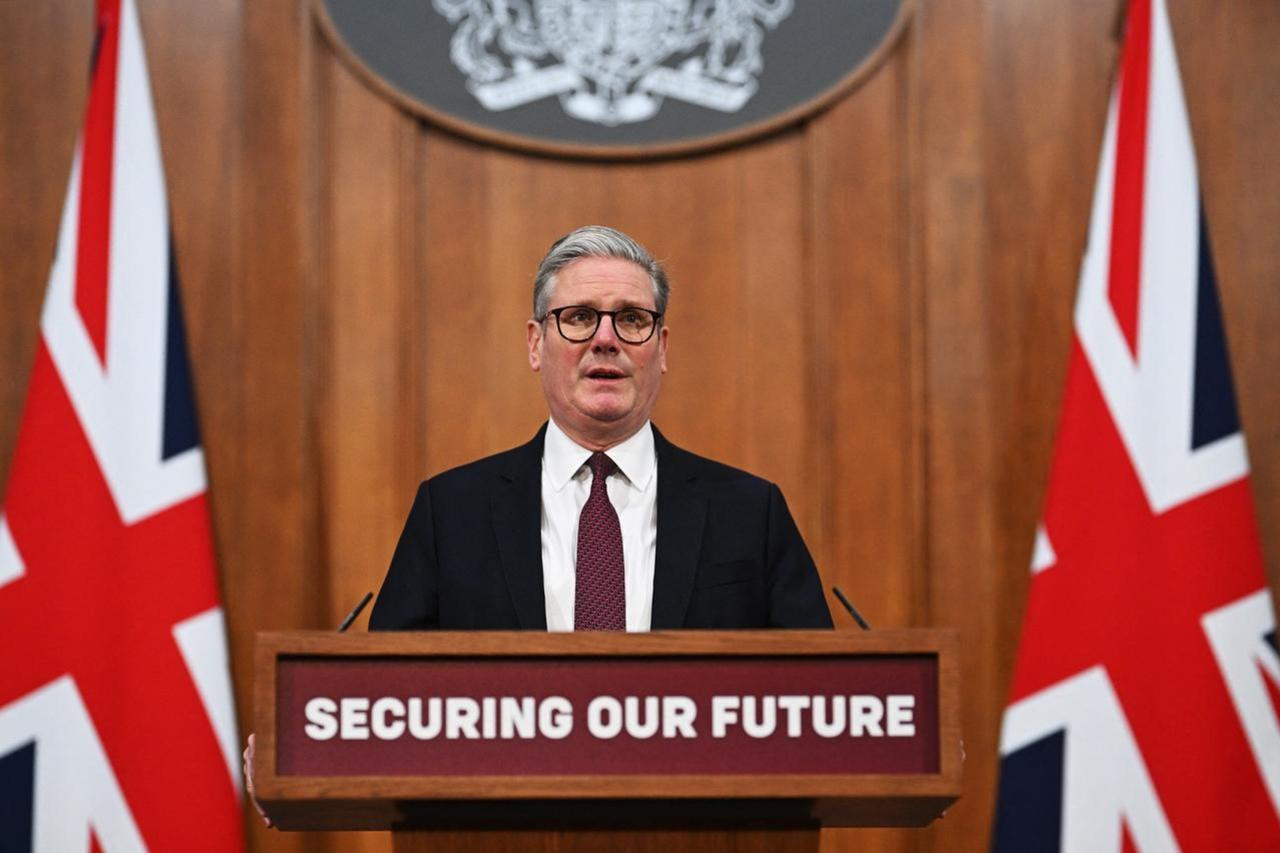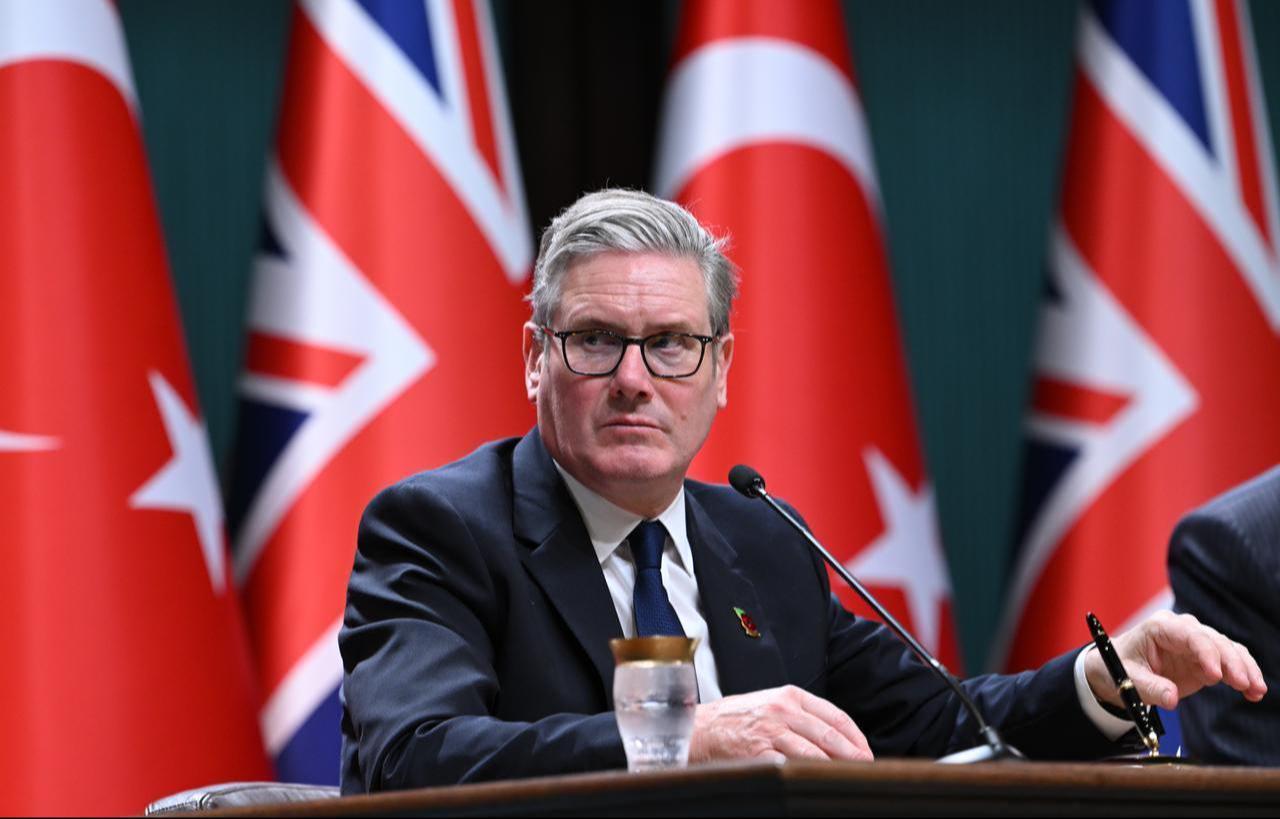
The British government has announced a comprehensive overhaul of its asylum system that will make refugee status temporary, restrict appeal rights, and authorize the forced deportation of families who refuse voluntary return to their home countries.
The 32-page reform package, introduced with a foreword by Prime Minister Keir Starmer, responds to what officials describe as mounting pressure on Britain's asylum infrastructure from global conflicts and increased migration flows. The changes model aspects of Denmark's immigration approach and represent one of the most significant shifts in UK refugee policy in recent years.
Under the new framework, individuals granted asylum in the UK will receive only temporary status, subject to review every 30 months. Refugees can be returned to their countries of origin if conditions are deemed safe. The waiting period for permanent residence will increase from five years to 20 years.
Starmer argued in the document that current regulations were not designed for an era when people "cross multiple safe countries and attempt to cross the English Channel in boats." He contended that Britain's existing asylum regime is "more favorable" compared to other European nations and called for stronger deterrence measures.

The government plans to withhold visas from countries that obstruct the return of their citizens who have been denied asylum in Britain. Angola, Namibia, and the Democratic Republic of Congo have been given one month to begin cooperation before facing graduated sanctions.
Officials said the visa restrictions represent a new tool to compel international cooperation on deportations, which have been hampered by some governments' reluctance to accept returnees.
The reforms will establish a new appeals unit to accelerate case processing. As of March, more than 51,000 asylum appeals were awaiting resolution, according to the government document.
Families who decline financial support for voluntary return will face mandatory deportation, though children will not be separated from their parents during removal proceedings. Additionally, asylum seekers who are eligible to work but choose not to will lose access to financial assistance.
The government is creating a "work and education" visa pathway designed to encourage refugees to find employment or begin studies. Only those who select this route will be able to sponsor family members to join them in Britain. The pathway offers faster access to settlement rights for participants.
Home Secretary Shabana Mahmood told Parliament that the current asylum system has become "out of control and unfair." She distinguished between genuine refugees and what she characterized as economic migrants seeking to exploit Britain's asylum processes.
"The burden on this country is very heavy," Mahmood said. "In the last four years, 400,000 people have applied for asylum in this country. More than 100,000 people currently live in asylum accommodation and more than half of refugees are still receiving social assistance eight years after arrival."
Mahmood argued that the volume of arrivals has destabilized communities and created a more divided nation. The government maintains the reforms will restore control while preserving protections for those fleeing genuine persecution.
The changes mark a significant departure from Britain's post-World War II asylum framework, which has historically provided permanent refuge to those granted protection. Critics are expected to challenge the temporary status provisions and expanded deportation authority as incompatible with international refugee law.